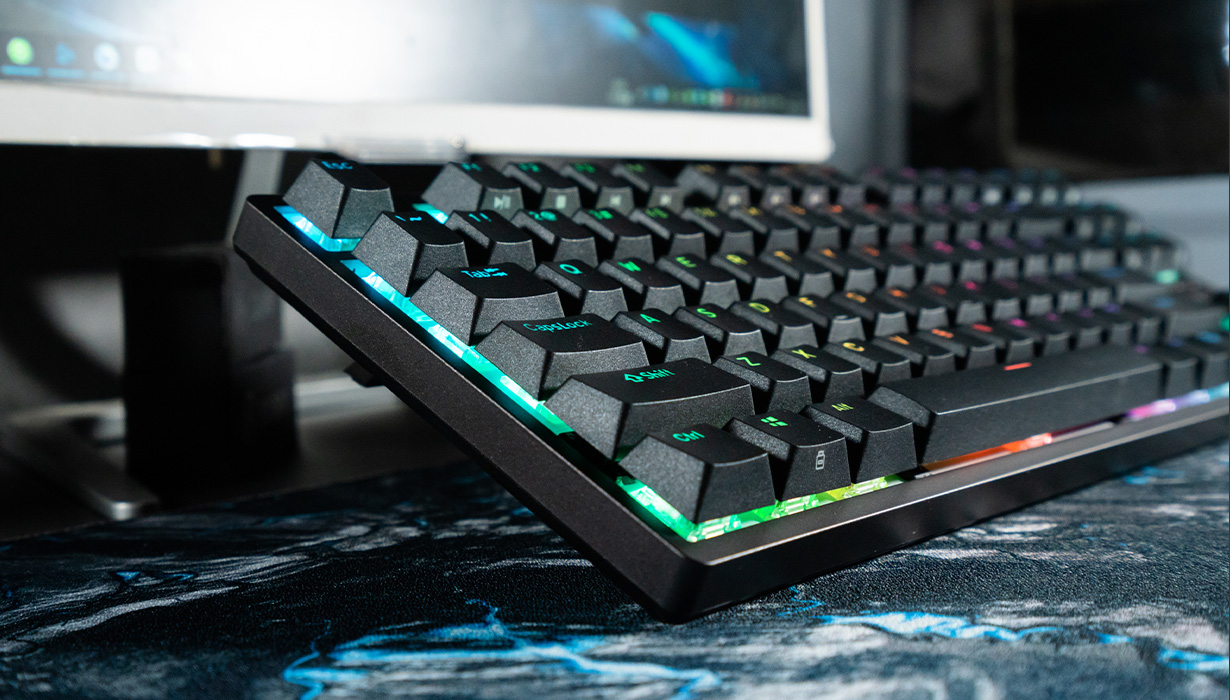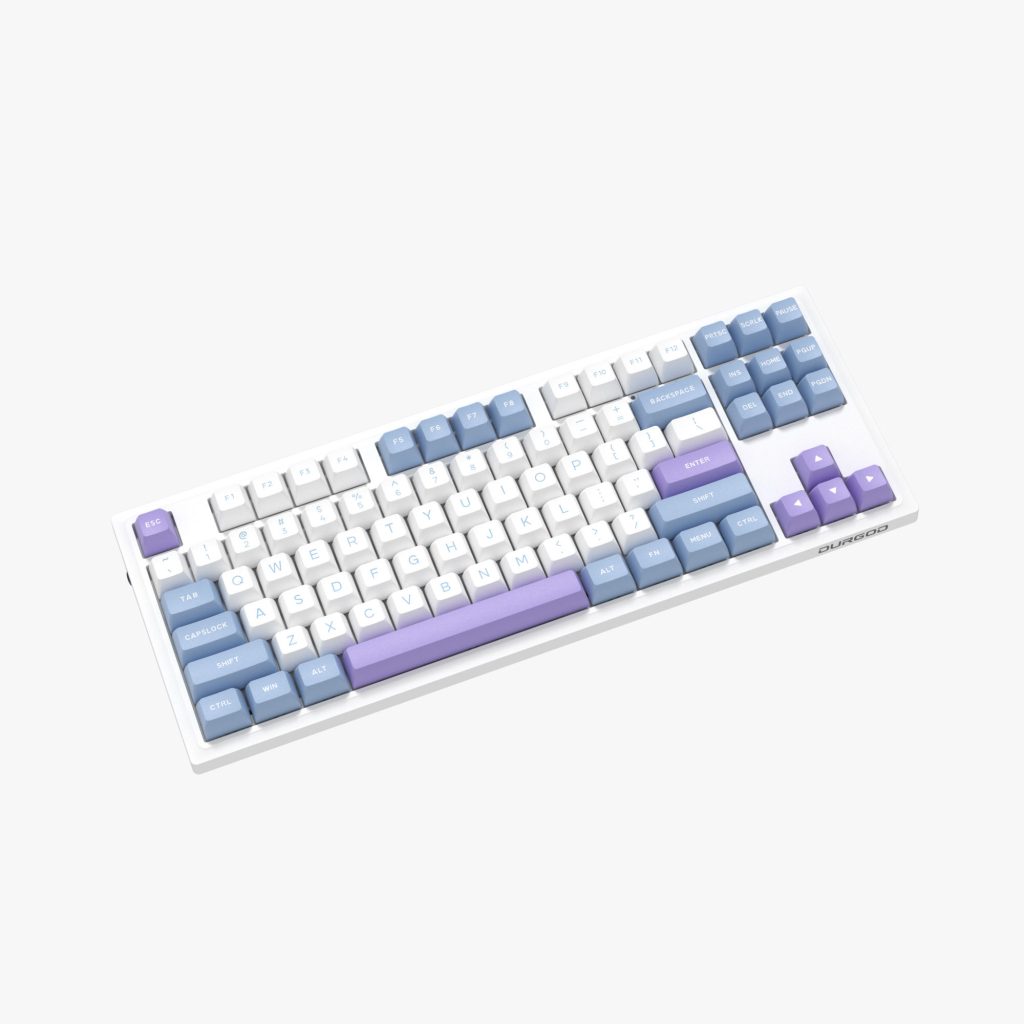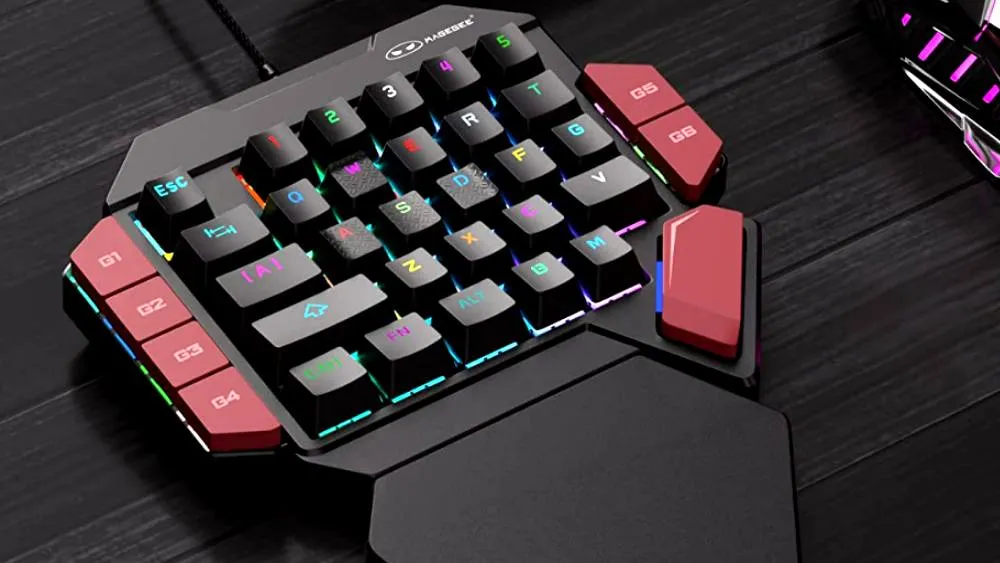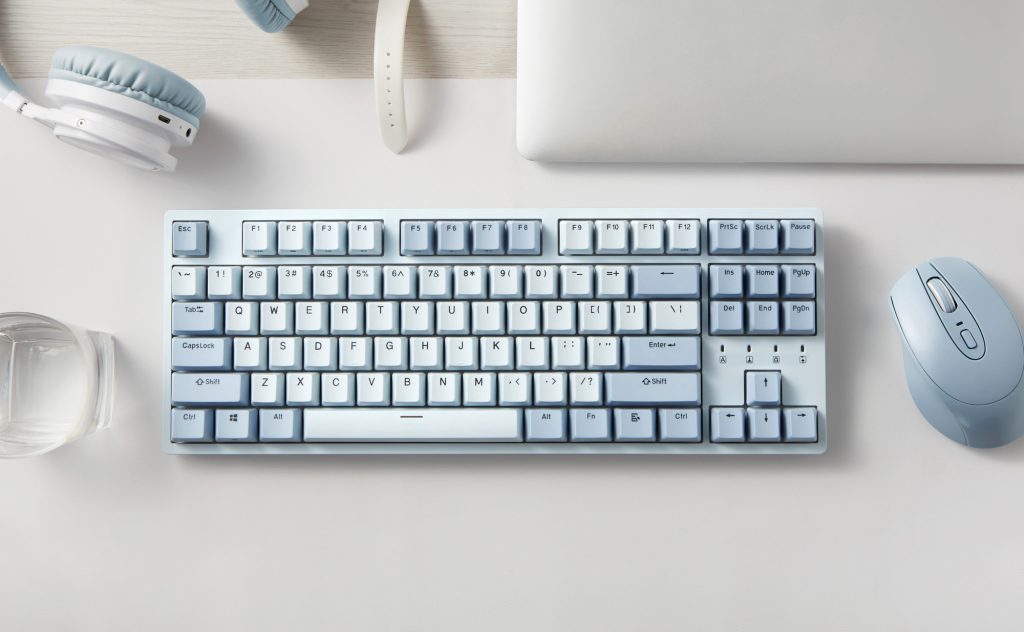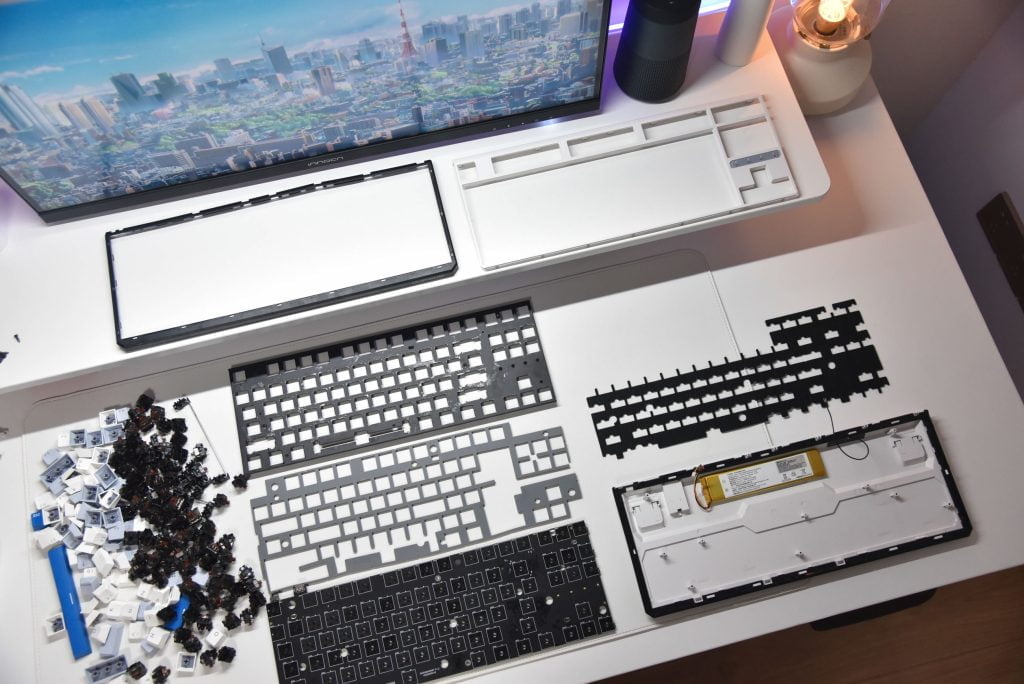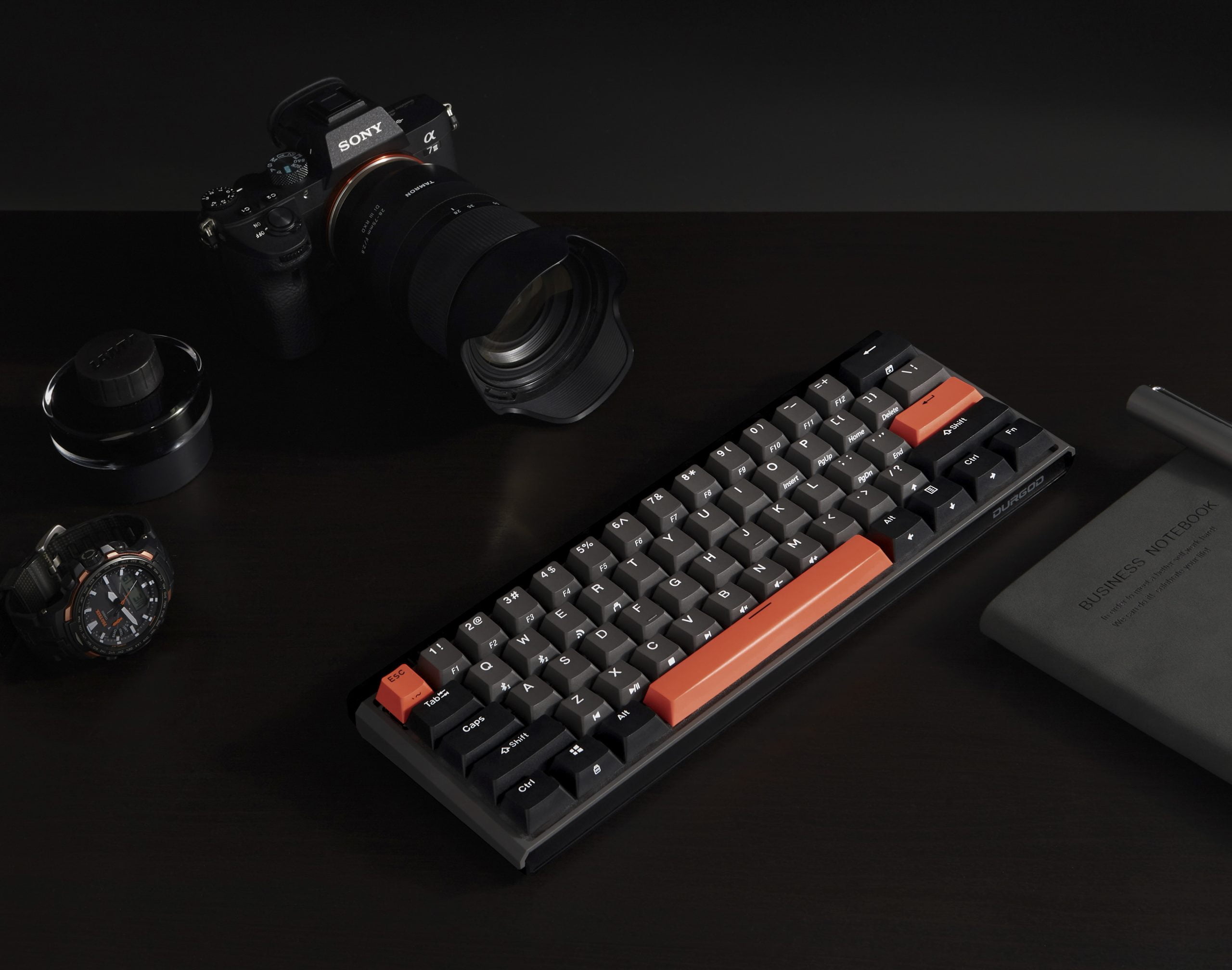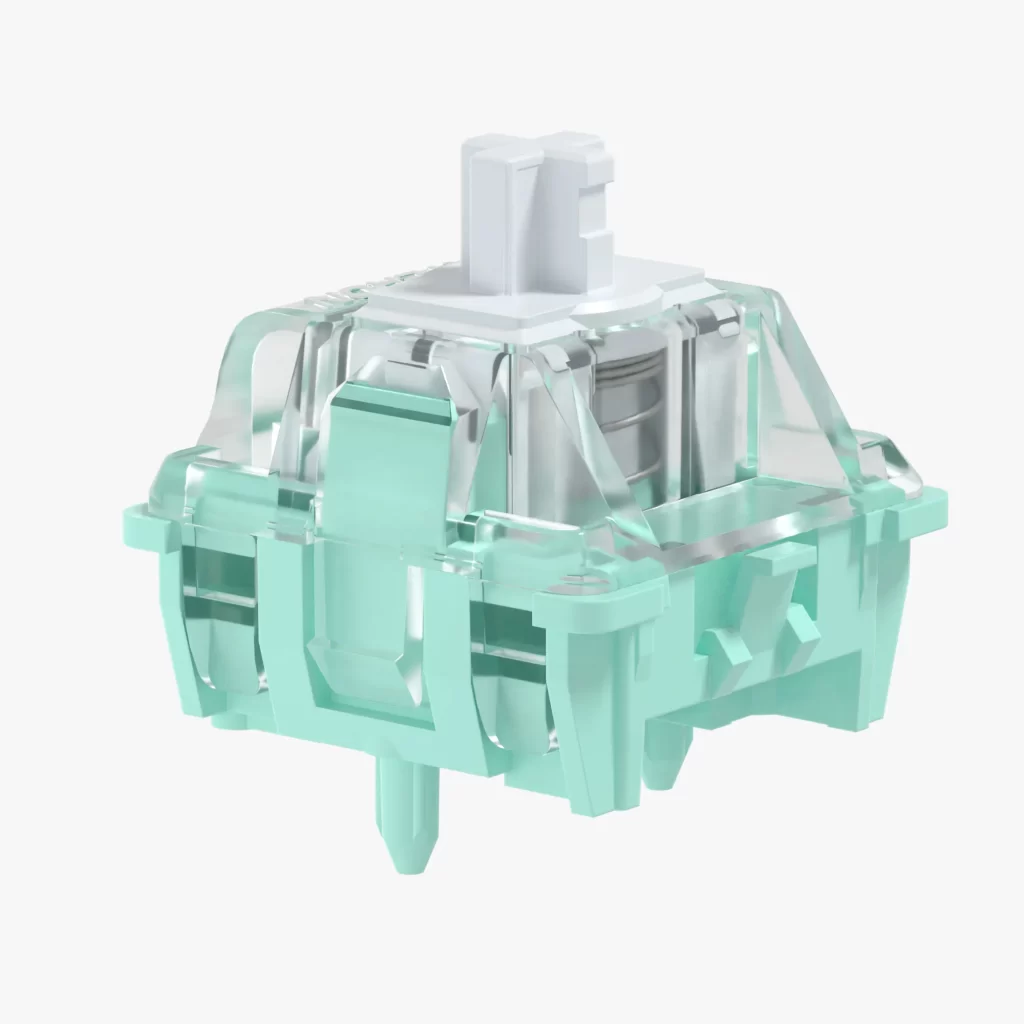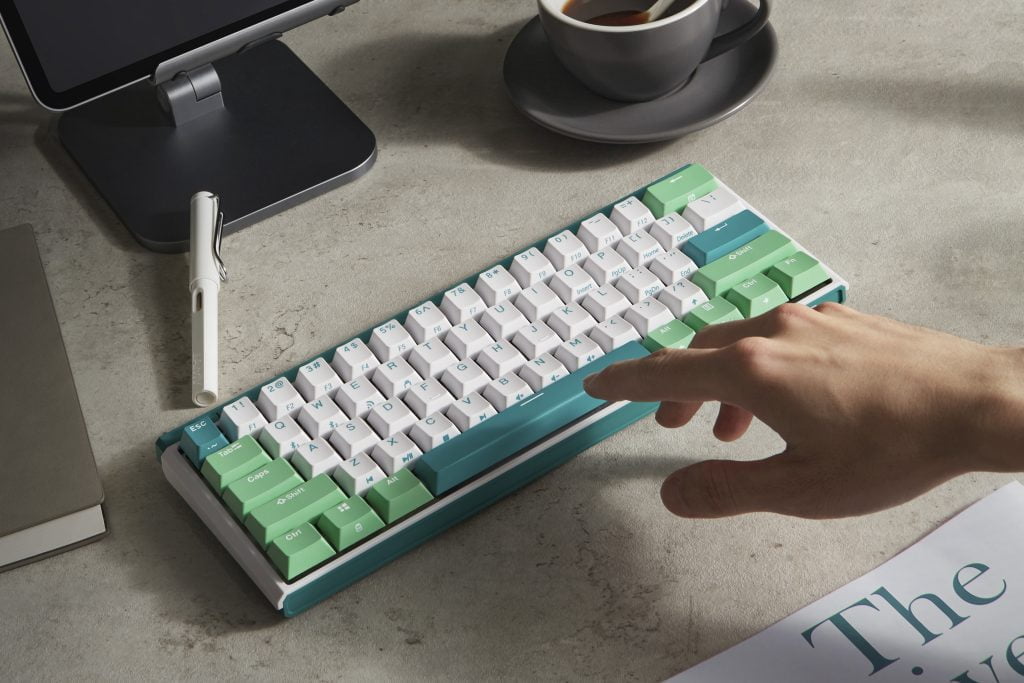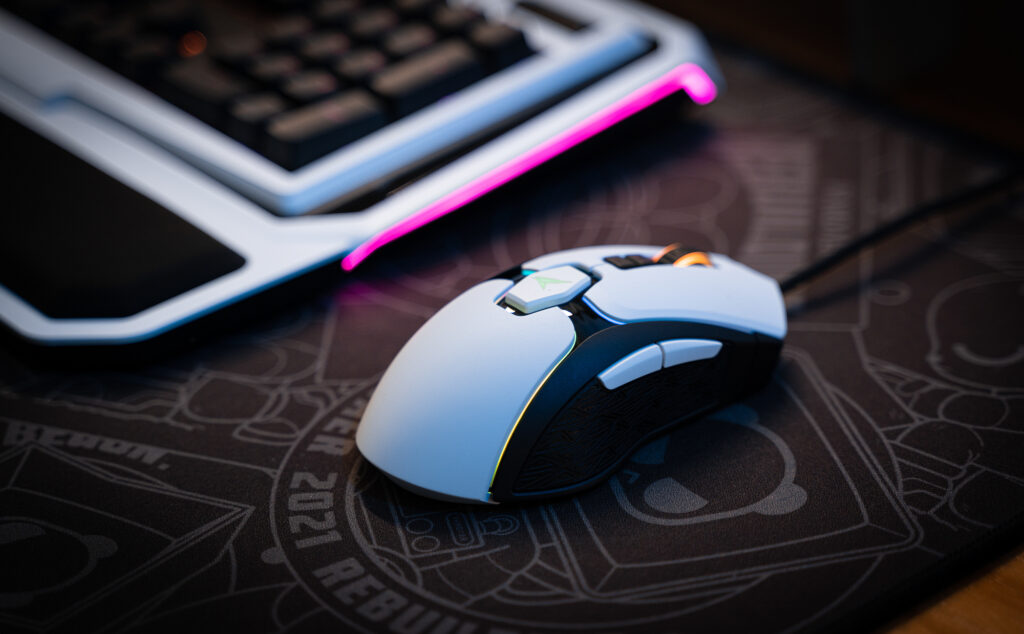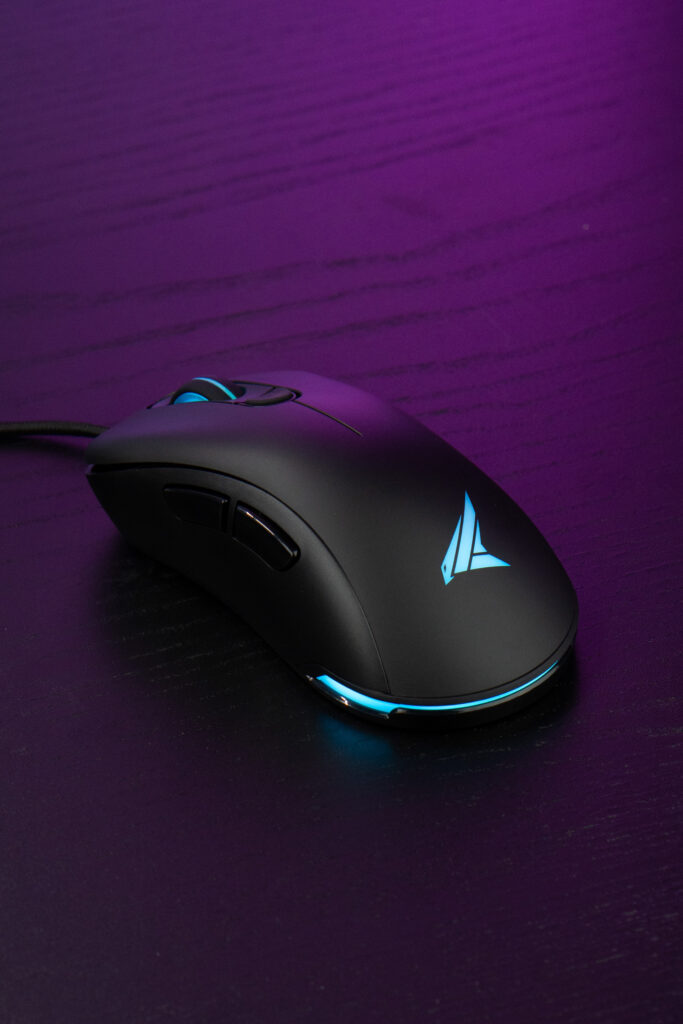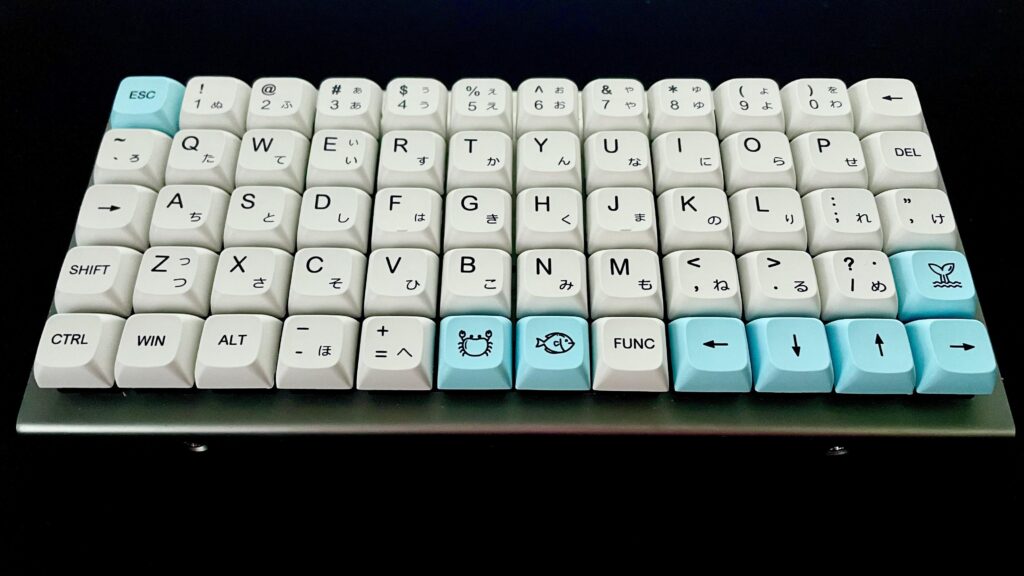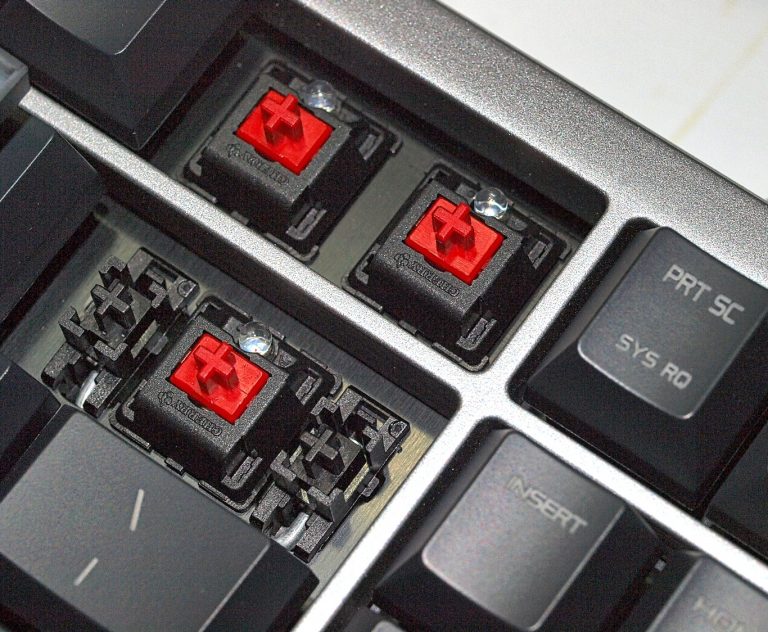In the world of mechanical keyboards, enthusiasts often delve into various aspects of customization, from keycaps to switches. Yet, one aspect that garners less attention but holds significant importance is keyboard angling. Angling your keyboard refers to adjusting its tilt, and while it may seem like a minor adjustment, it can have a profound impact on comfort and ergonomics.
Understanding Ergonomics
Ergonomics plays a crucial role in optimizing comfort and reducing the risk of repetitive strain injuries (RSIs) during prolonged typing sessions. Proper keyboard positioning can alleviate strain on the wrists, arms, and shoulders, promoting better posture and overall well-being.
Benefits of Angling Your Keyboard
Angling your keyboard can provide several benefits. Firstly, it allows for a more natural alignment of the wrists, reducing the strain caused by awkward wrist angles. Additionally, it can improve typing speed and accuracy by positioning the keys at a more accessible angle, enhancing overall typing efficiency.
Finding the Right Angle
The optimal keyboard angle varies from person to person and depends on individual preferences and ergonomic needs. Some prefer a slight tilt, while others may find a more significant angle to be more comfortable. Experimenting with different angles is key to finding what works best for you.
Considerations for Angling
When angling your keyboard, it’s essential to consider the height and stability of your typing surface. A stable keyboard platform ensures a consistent typing experience and prevents any unwanted movements during use. Additionally, using a wrist rest can further enhance comfort and support for your wrists.
In conclusion, angling your keyboard can be a simple yet effective way to improve ergonomics and typing experience. By considering factors such as comfort, stability, and personal preference, you can optimize your setup for enhanced comfort and productivity. So, should you angle your keyboard? With the potential benefits it offers, it’s certainly worth a try.
For more knowledge of mechanical keyboards, visit DURGOD.



